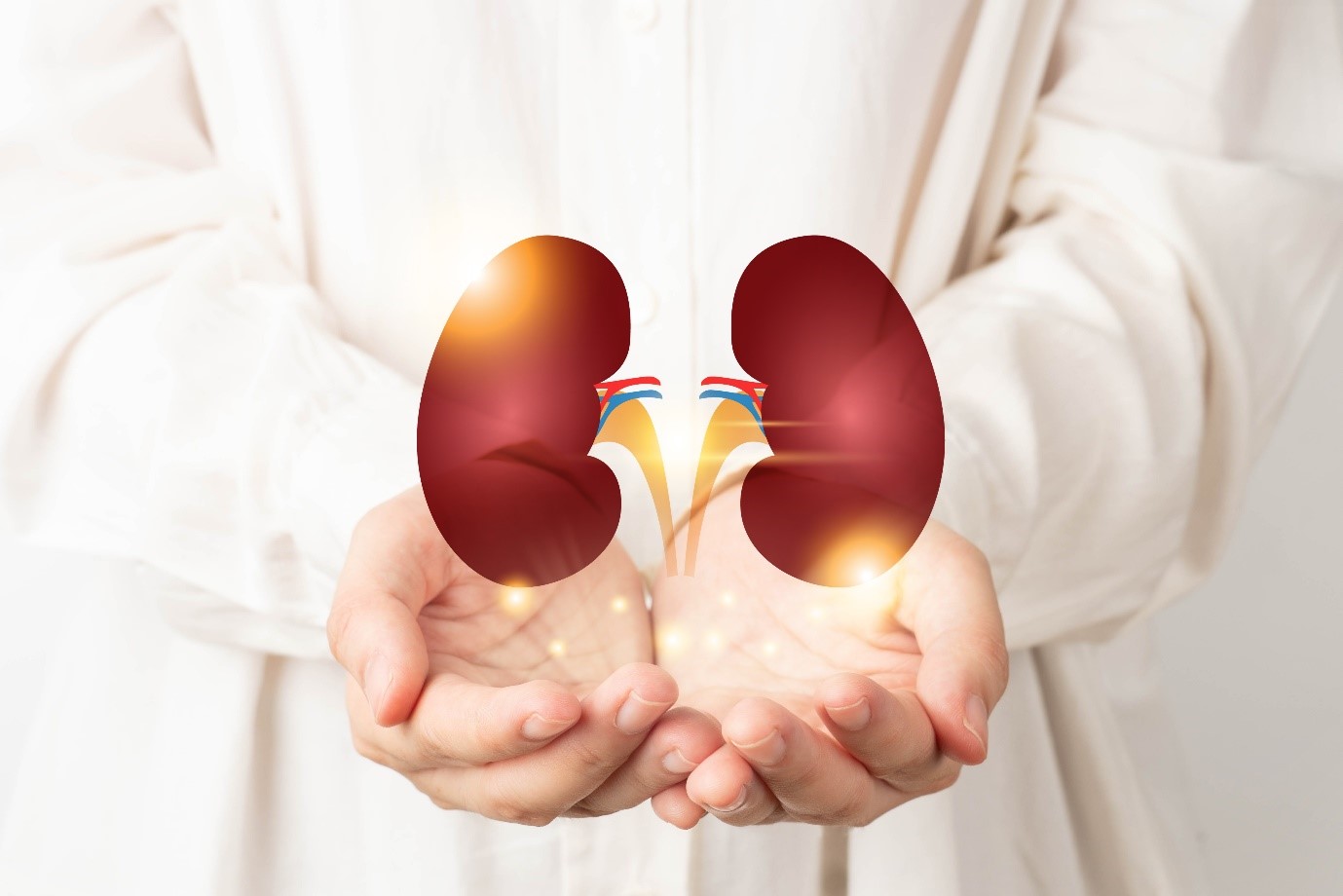Acute Kidney Disease (AKD) is a serious and sudden condition in which the kidneys rapidly lose their ability to function properly.
This decline in kidney function can be triggered by a variety of factors, including
- Infections
- Exposure to toxins
- Use of certain medications
- Direct physical injury to the kidneys
Recognizing the symptoms and understanding the causes, diagnosis, prevention, and treatment strategies are crucial for managing and mitigating this condition.
Symptoms of Acute Kidney Disease can vary but typically include
- Swelling in the ankles, feet, and hands
- Nausea
- Vomiting
- Changes in urination patterns such as foamy urine,
- Decreased output or increased frequency
- Fatigue
- Shortness of breath
- Confusion
- Loss of appetite
- Muscle cramps
- Abnormal heart rhythms
These symptoms arise as the kidneys struggle to balance the body's fluids, electrolytes, and waste products.
Causes of Acute Kidney Disease are diverse.
- Dehydration
- High blood pressure
can impair kidney function.
Certain medications, especially some painkillers, excessive use of alcohol or drugs, conditions such as
- Heart failure
- Kidney stones
- Liver disease
- Certain cancers
- Severe allergic reactions
can also precipitate AKD.
Diagnosing AKD
involves a physical exam—often focusing on the abdomen—and several tests.
These include laboratory tests such as an
- Electrolyte panel
- Urinalysis
- Complete blood count
Imaging tests like
- CT scans
- MRIs
- Ultrasounds
help visualize kidney structure and function.
In contrast, more specific tests like
- Kidney biopsies
- Nuclear medicine scans
might be required in complex cases.
Treatment for AKD
It typically involves addressing the underlying cause, if known, and supporting kidney function through medications or dialysis.
Medications may include:
- To manage fluid retention
- To combat infect
- To control blood pressure.
Dialysis may be required to eliminate toxins and excess fluids from the blood when the kidneys are unable to perform this function.
Additionally, adopting lifestyle modifications, particularly dietary adjustments, is crucial. It's recommended that patients
Increase their water consumption and
Decrease their intake of
- High-sodium
- High-potassium
- High-phosphorus foods
- Limit protein intake
- Avoid sugary drinks
Preventive measures are important and include:
- Maintaining proper hydration
- Adhering to a healthy diet
- Engaging in regular exercise
We carefully manage medication intake and monitor health conditions like diabetes or high blood pressure.
Regular medical check-ups are crucial for individuals at risk of kidney disease to detect and address problems early.
Conclusion:
Understanding Acute Kidney Disease is vital for prompt and effective treatment. If you or someone you know is showing symptoms of AKD, seek medical advice immediately to assess kidney function and discuss potential treatment options.
Regular check-ups and lifestyle adjustments can also play a crucial part in preventing the development of this condition.
Stay proactive about your kidney health: ask your doctor about regular screenings and preventative measures.





